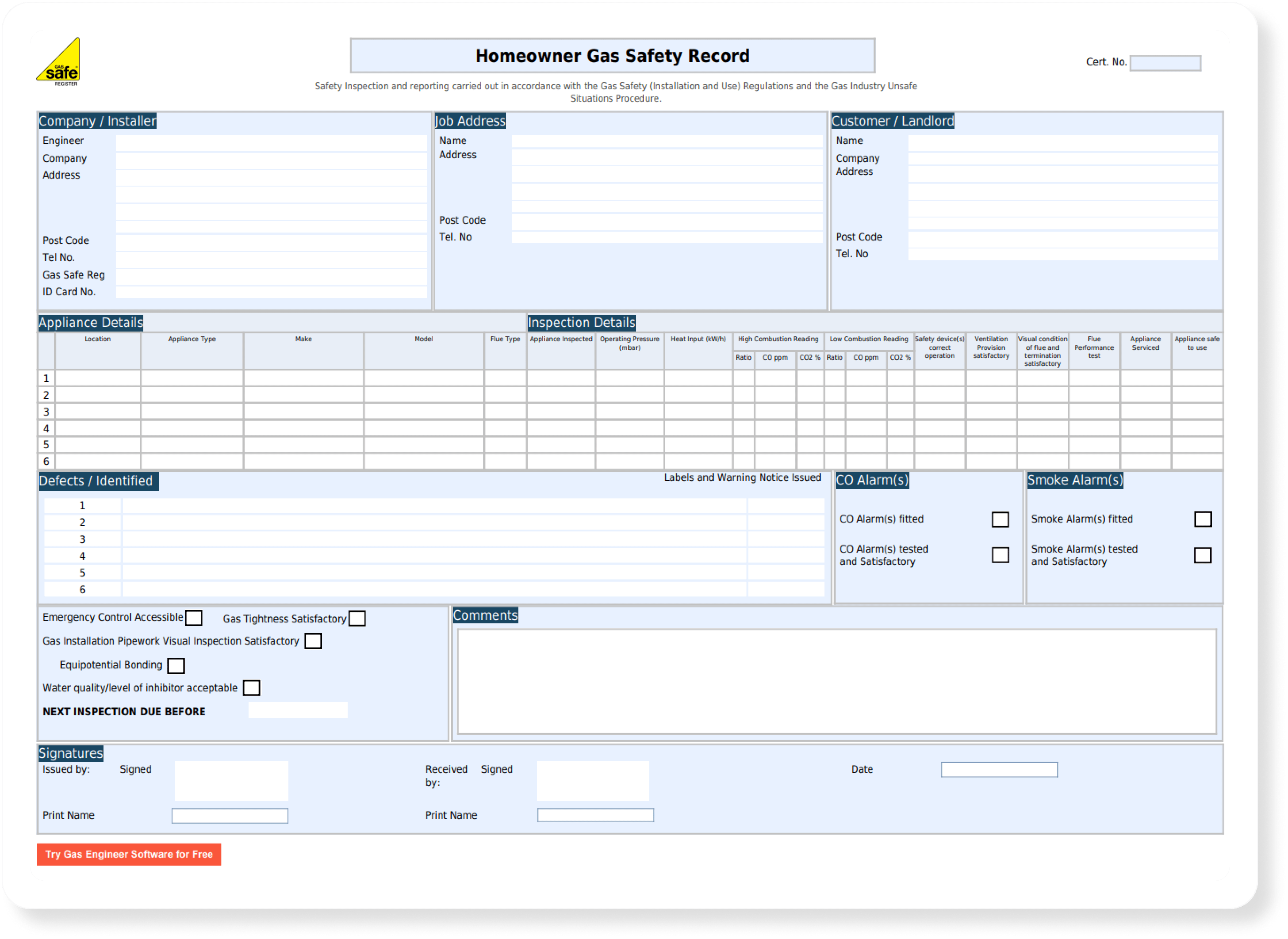How Do You Handle Unexpected Delays & Scheduling Issues?
![[Featured Image] Unexpected delays-min Delays are sometimes out of your control. What can you do to mitigate them?](https://gasengineersoftware.co.uk/wp-content/uploads/2023/11/Featured-Image-Unexpected-delays-min.png)
Scheduling in the trades is known for being difficult. Jobs can overrun for a variety of reasons: added complications, unknown safety issues, customers being a hassle – you name it. Then, there’s the complete unpredictability of traffic. You never know when there could be delays or an accident on the roads which mean you arrive later than scheduled.
The one thing that all of these factors share in common is that they’re mostly out of your control. You can’t leave a customer with an unsafe appliance just because you have another appointment to get to, and you certainly can’t just plough your way through a traffic jam that snakes for miles.
When one delay causes another
The worst part about all this is when a single late job impacts all the others that come after it.
On one hand, you’ve got to schedule enough jobs to make a decent living. But on the other, you need to leave enough buffer time between each job for slight delays, travel times, and breaks.
When you get a job in the morning which messes up your whole day’s schedule, it’s not always possible to make up the time elsewhere. You’ve then got to spend your entire day racing against the clock explaining to irritated customers why you’re late.
So it’s a delicate balance between the two. The good news is that there are things you can do to better handle these situations and minimise the chance of them occurring in the first place.
Part I: Tips for handling unexpected delays or scheduling issues
#1: Be realistic with your schedule.
#2: Keep in touch with your customers throughout the day
You might even make it standard procedure to let customers know when you’re about 30 minutes away so they can be ready for your arrival.
#3: Be confident in making decisions on-the-fly
If a job is taking much longer than expected, use your best judgement to decide whether it’s worth booking a return visit or staying to wrap things up. For larger businesses with a team of engineers, you can also investigate the possibility of rescheduling or shifting appointments between engineers. This can help you better meet customer needs and expectations. Using software makes this much easier – more on that below.
Part II: How to prevent scheduling issues in the first place
Knowing how to manage a delay is essential. But ideally, you’d rarely (if ever) be in this position. Fortunately, there are a few ways to be proactive and stop these issues from occurring in the first place.
#1: Avoid overbooking and double-booking errors
Overbooking is one of the biggest causes of delays and scheduling issues, whether it be because your prices are set too low or your business is thriving. In these situations, we recommend either limiting the number of jobs you take, increasing prices, or hiring additional help.
Double-booking as well is something we’ve all done at one point in our private or professional lives, and it’s awful to deal with. Fortunately, most of the time this is a simple clerical error and can be solved by taking extra precautions and care when scheduling jobs.
Apps like Gas Engineer Software are specifically designed to help with scheduling problems. Many of today’s successful heating and plumbing businesses are using apps on the web and their smartphones to keep track of their day and easily add, adjust, and view schedules.
Quickfire benefits of software scheduling:
- Schedule jobs on the spot without worrying about time clashes and double booking.
- Get a top-down view of your team’s workload to distribute jobs evenly, avoid overbooking, and reduce travel times.
- Edit, adjust, and modify schedules with real-time updates and notifications.
- Reduce the amount of time you spend on scheduling so you can focus on the real work.
- Keep your schedule accessible and in your pocket at all times.
#3: Learn from experience
If you handle a delay or scheduling issue perfectly, you might even be able to turn a complaint into a glowing review – it doesn’t take as much effort as you might think.
Conclusion
The unpredictable nature of the trades can make scheduling more challenging than it needs to be. However, there are ways you can both handle and entirely prevent scheduling issues. By following the tips and strategies in this blog, you’re well on your way to running a streamlined (and generally less stressful) business. You’ll be able to stand out from your local competition and win over happy customers that stick with you for years to come.
Next steps:
If you’ve been thinking about implementing software into your workflow to save time, here’s what you can do next:
- Visit our resources centre where you'll find more articles like this one and our free gas rate calculator.
- Start a free trial to see exactly how our software works for your business.
- Watch our video demo to get an idea of how our software works. You can also book a 1-on-1 session with our customer success team for a more personalised experience.
- Know an engineer who's still using paper? Help them and us out by sending our software their way!

